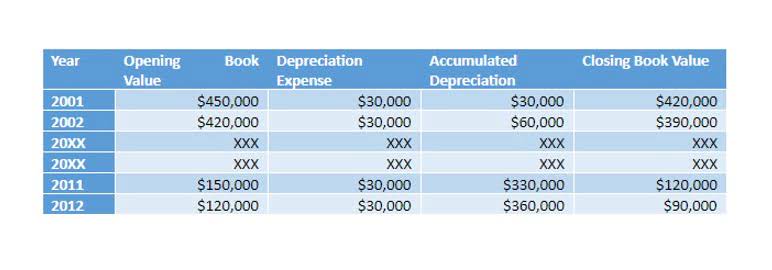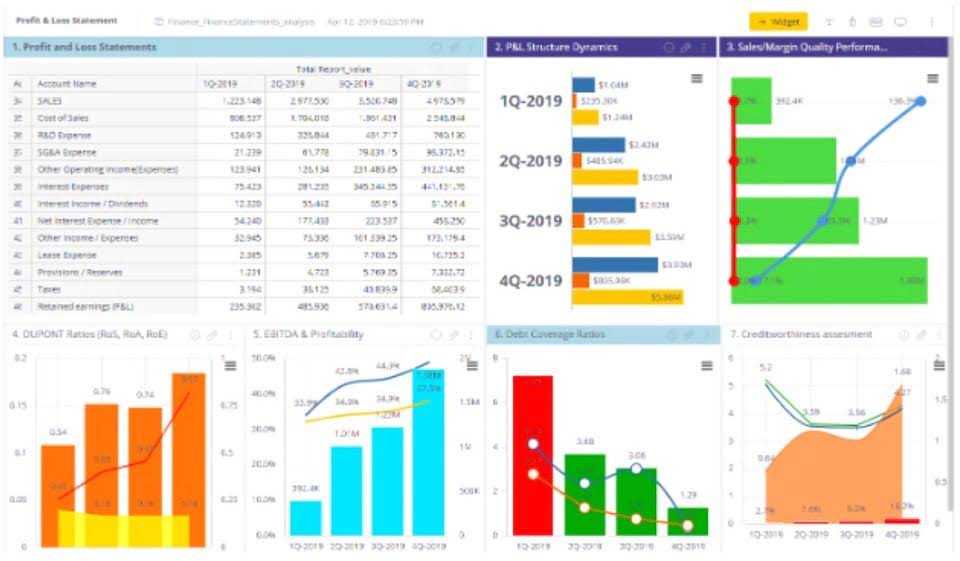
Leveraging accounting expertise and the right software tools can streamline processes and minimize confusion. With dedication and care, legal professionals can master trust accounting practices. By implementing these best practices, law firms can effectively manage client funds in a way that upholds their professional responsibilities and reinforces the trust placed in them by their clients. This not only ensures compliance with legal standards but https://www.bookstime.com/ also positions the firm as a trustworthy and reliable partner in the eyes of current and prospective clients. LawPay, known for its reliable and secure payment solutions tailored for legal professionals, offers a robust platform that can significantly simplify your trust accounting process.
Attorney Trust Accounts: Accounting Best Practices
Trust accounting refers to the process of managing funds that a lawyer holds on behalf of clients. It’s crucial for lawyers because it ensures that client funds are handled with integrity, transparency, and in accordance with legal and ethical standards. Proper trust accounting prevents commingling of funds, ensures accurate record-keeping, and maintains the trust and confidence of clients. Compliance with trust accounting rules is also a requirement of state bar associations, making it essential for legal practice and the avoidance of disciplinary actions. Trust accounting for lawyers is more than a regulatory requirement; it’s a foundational element of the legal profession’s commitment to integrity, client service, and ethical practice. As we’ve explored in this comprehensive guide, managing client funds responsibly is crucial for maintaining the trust and confidence that clients place in their legal representatives.
Setting Up Trust Accounts

When handled properly, this clean separation of funds ensures compliance with attorney trust account rules, maintains ethical behavior, and reduces the possibility of legal troubles. Proper trust accounting practices are essential for managing a lawyer trust account and avoiding issues related to improper fund management. State bar associations typically require regular reconciliation of trust accounts, often on a monthly basis. This process involves comparing the law firm’s accounting records against bank statements to ensure they match and that all client funds are accurately accounted for. Discrepancies must be addressed promptly to maintain compliance and safeguard client funds. To maintain accurate retained earnings records and ensure compliance with attorney trust account rules, it’s crucial to perform three-way reconciliation regularly.
Legal Accounting
- DepositsA lawyer serving as a fiduciary should immediately place all funds received or held on behalf of a client into a trust account or fiduciary account.
- Typically, trust funds are used for short-term deposits — things like money to be expended on attorney’s fees or costs in a relatively short period of time, such as under six months.
- Everything that goes into and comes out of this “checking account” belongs to the client or is spent on their behalf — not a law firm’s.
- Thelawyer must safeguard and segregate those assets from the lawyer’s personal,business or other assets.
- Each state has its own set of rules and guidelines for trust accounting, including how accounts should be set up, managed, and audited.
If you’re an attorney managing trust accounts, it is therefore very important that you understand trust accounting and how you can avoid common mistakes with this kind of accounting. With this in mind, let’s look at some common mistakes attorneys make when handling accounting for trusts. Client trust accounts are used to manage funds that belong to clients, such as advance fee deposits, settlement proceeds, and other client funds that require safekeeping.
How much will you need each month during retirement?

I have not found any other system that comes close to combining practicality, accessibility, and dedication to trust accounts. I went from spending 4 hours every month combing through and balancing spreadsheets, trust ledgers, checks, and bank statements to just 4 minutes a month using TrustBooks. I don’t dread the reconciliations, and I have control of the Trust Account. I used to be anxious about a Bar audit, and now I have zero anxiety about that. They produce an unfathomable amount of literature, CLEs, and seminars on trust accounts.

For instance, LawPay offers a unified platform to accept and manage payments, helping you avoid the risk of commingling funds and ensuring compliance with trust accounting rules. Some state bars may have regulations that can reduce the burden of law firm trust accounting. For example, attorneys may be able to forgo trust accounts when storing client funds if the money is under a specified limit. A lawyer takes on the role of a fiduciary when representing a client, meaning that the lawyer has a high level of responsibility to that individual. As a fiduciary, a lawyer may receive funds belonging to a client or a third party, and, to reduce the risk of that money being used incorrectly, the lawyer must place it in a trust account for safekeeping.
Attorneys
Considering the risk of losing everything you worked so hard for, it’s worth going over some of the best practices for trust accounting. This guide is intended to help refresh your memory on the basics of your professional responsibility with trust accounting, and best practices you should know. Adopting trust accounting software that complies with state bar regulations can significantly aid in maintaining compliance. Tools like RunSensible are designed with trust accounting for lawyers the legal industry’s regulatory framework in mind, offering features that help manage client funds according to the strictest standards of accountability and transparency. By avoiding these common pitfalls, you can ensure compliance with attorney trust account rules and maintain proper trust accounting practices. By properly segregating client and business accounts, law firms can enhance transparency, accountability, and compliance with trust accounting rules.

Staying Compliant with State Bar Regulations
Proper management of trust accounts is not only an ethical obligation but also a legal requirement in most jurisdictions. Especially if you’re keeping track of multiple client trusts, managing all of them can be fraught with potential challenges. You must track each trust independently, maintaining a thorough paper trail to ensure there’s never a question that the funds were used improperly.
